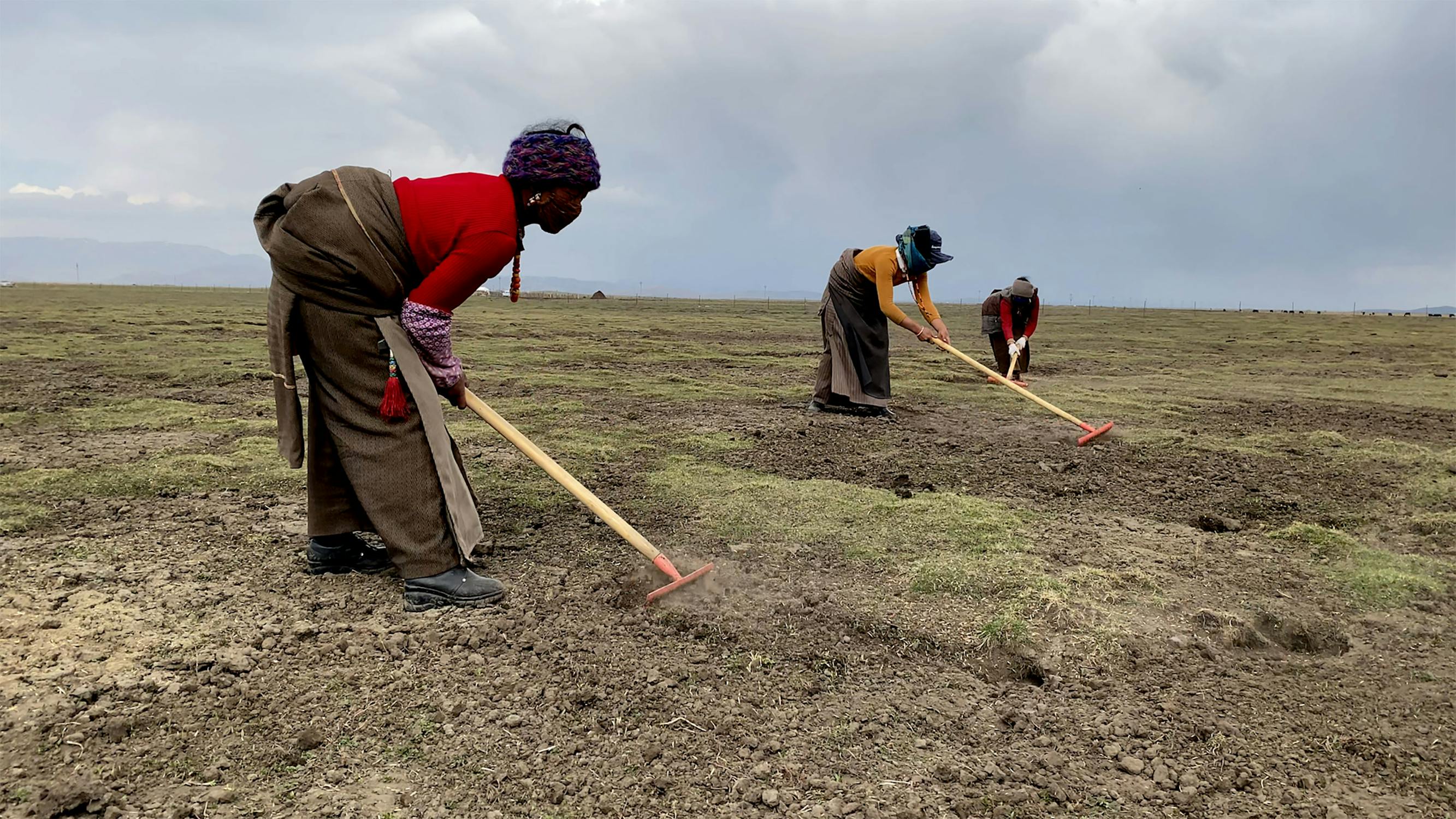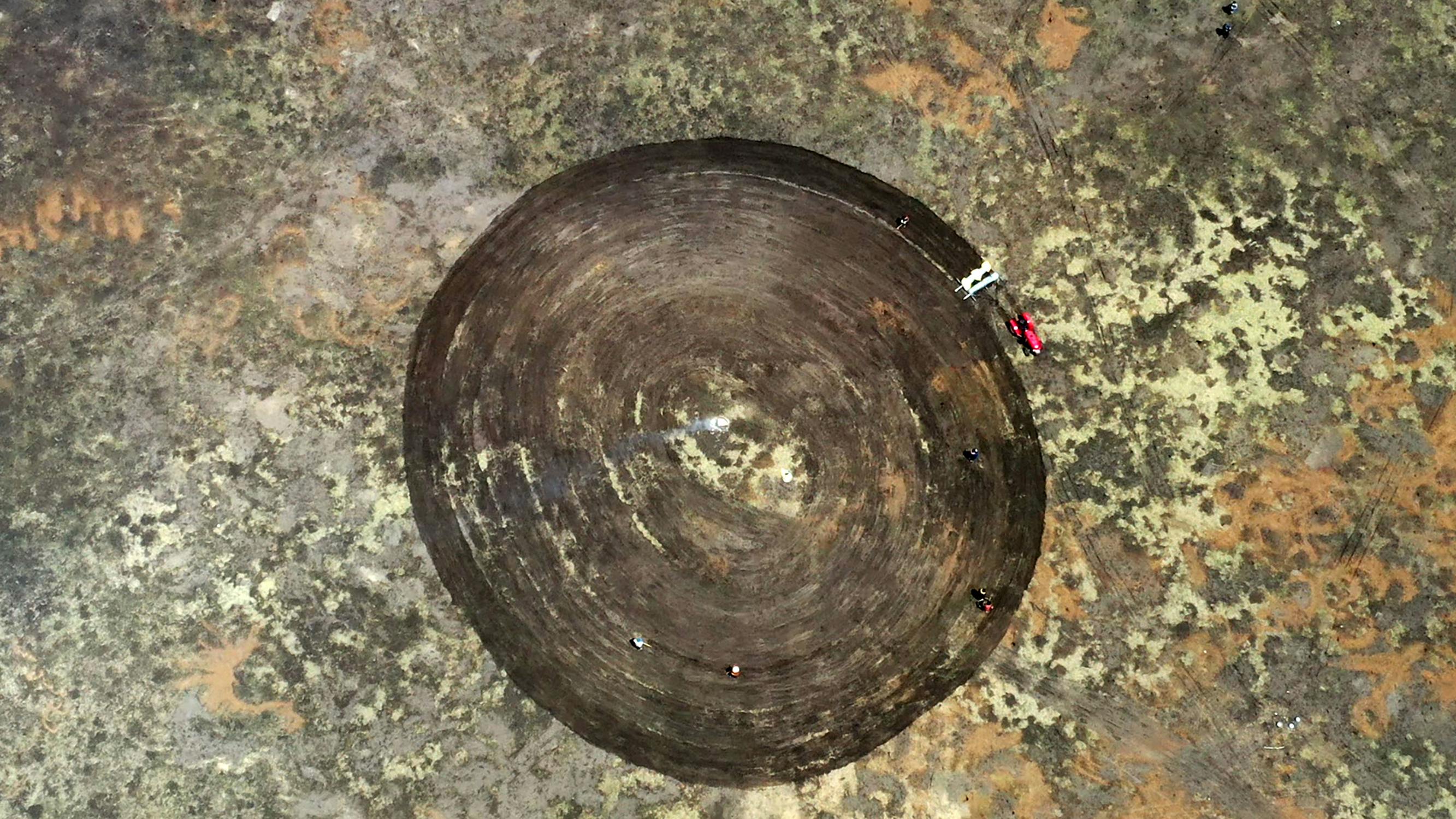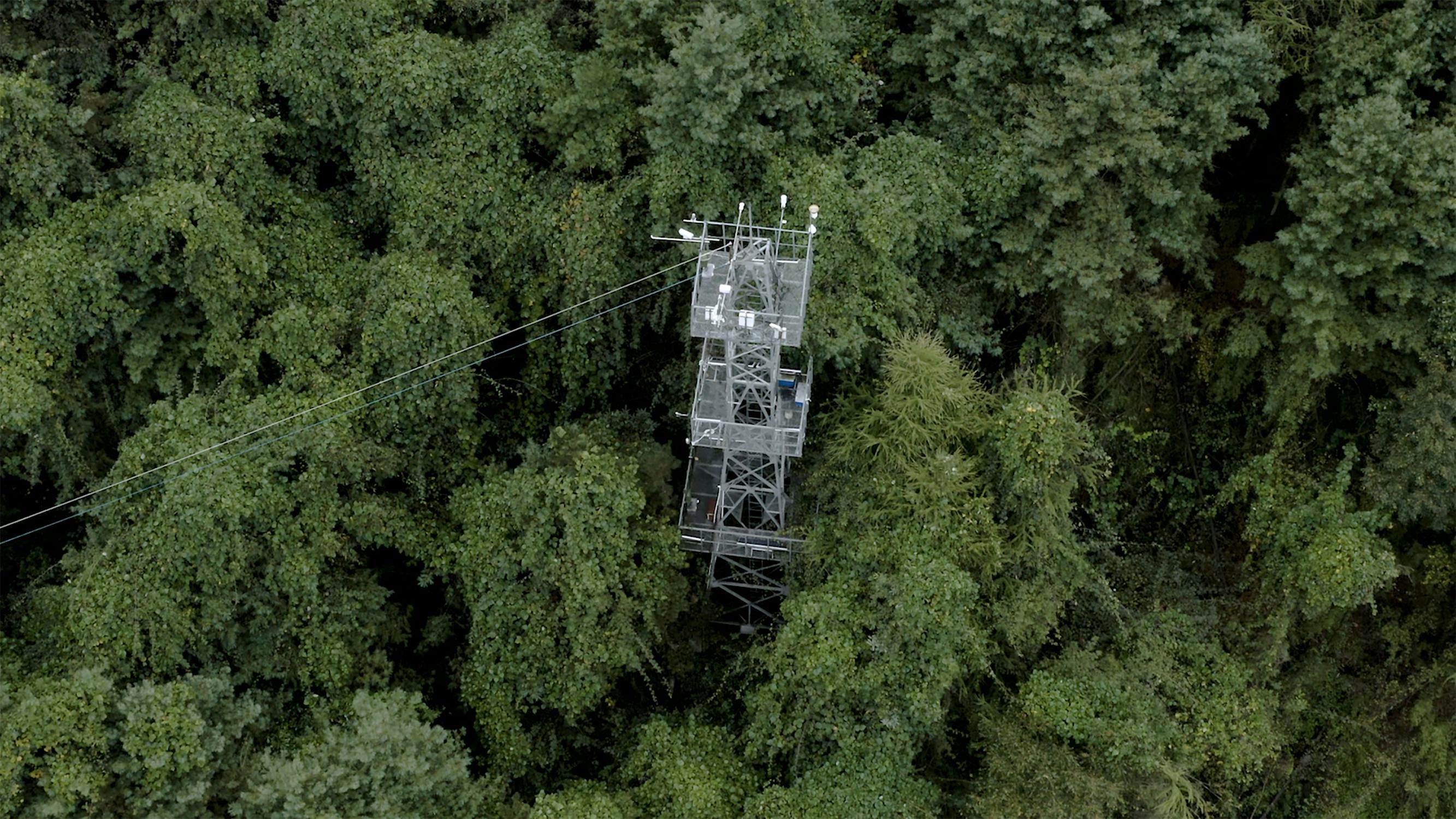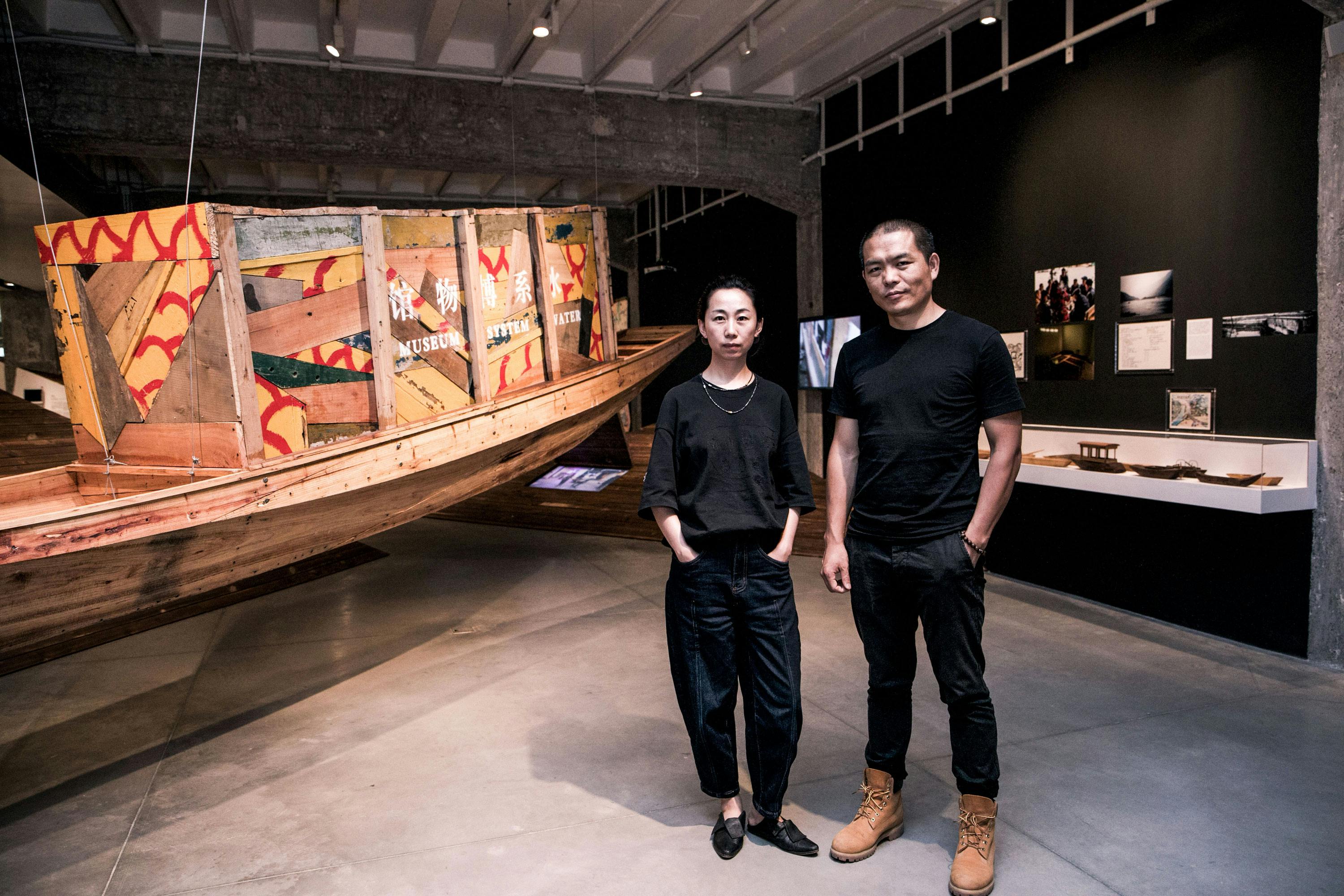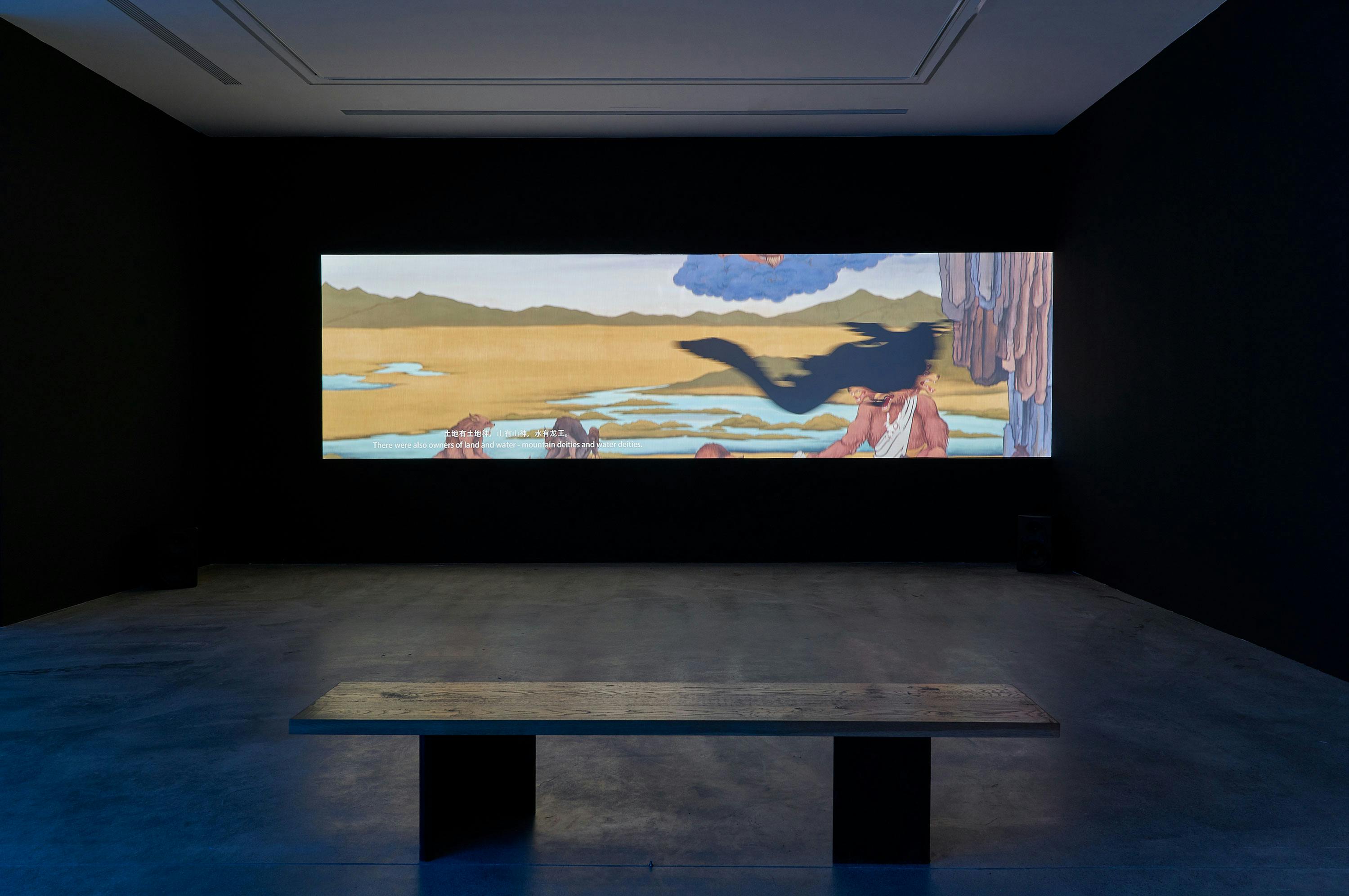Cao Minghao (b. 1982, China) and Chen Jianjun (b. 1981, China) are artists and transdisciplinary researchers based in Chengdu. Their practice is research-driven and process-oriented, emphasising reciprocal collaboration between the artists and their partners.
Their projects have been featured in exhibitions and screenings across Asia and Europe, including Green Snake: Women-centred Ecologies at Tai Kwun Contemporary in Hong Kong (2023–2024), documenta fifteen in Kassel (2022), Rethinking Nature at Madre Museum (2021–2022), the 13th Shanghai Biennale (2020–2021), COSMOPOLIS #2.0: Repenser l’Humain at Centre Pompidou in Paris (2019), and COSMOPOLIS #1.5: Enlarged Intelligence in Chengdu (2018).
They have received various awards including Food Action Awards 2024 (Honourable Mention), Jonathan KS Choi Foundation Contemporary Art Award 2022, and undertaken a residency at Cité Internationale des Arts in Paris in 2020. In 2023, they were invited as UBC Distinguished Visual Artists in Residence. Their works are also part of the permanent collection at the Museum of Contemporary Art, Shanghai.
Their film and video works have been screened at institutions such as La Casa Encendida, CA2M Museum, Hanart TZ Gallery, West Bund Museum, Centre Pompidou, CC Strombeek, Ateneo Art Gallery at Ateneo de Manila University, Lumbung Film at Gloria-Kino, OCAT Institute, and the Taipei Biennale Film Screening Section, among others.
